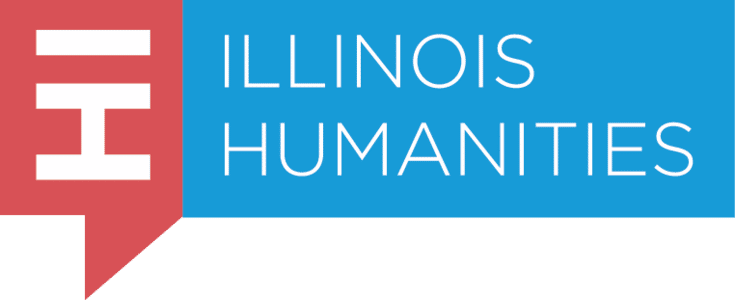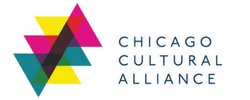Stories of Arts Resilience:
Oral Histories of arts and museum professionals during the time of COVID-19.
Generously funded by Illinois Humanities
We at the Alliance are delighted to celebrate the release of the Stories of Arts Resilience project!
Thanks to generous support from Illinois Humanities through their Community Resilience Grant, the Stories of Arts Resilience (SOAR) project was created as a response to the shared struggles and spirit of perseverance throughout the arts and culture industry during this unprecedented moment in history. The Alliance worked with our Members to collect oral histories of their efforts during this crisis.
This project granted us the opportunity to work with new tools and materials generated by our friends at StoryCorps Chicago, and to engage our Members in order to create an oral history archive that collects, documents, and shares museum and arts professionals’ first-hand responses to the COVID-19 crisis.
All of the oral histories collected are now forever archived in the Story Corps Archive and in the Library of Congress!
Meet our participants.
Surinder Martignetti and Zachary Whittenburg
Surinder Martignetti (45) and her friend and colleague, Zachary Whittenburg (40), talk about where they grew up, places they’ve lived, their dance education, and their work today for Chicago arts organizations during the COVID-19 Pandemic.
Jason Matsumoto and Mary Doi
Mary Doi (67) interviews her friend Jason Matsumoto (37) about Japanese Taiko drumming and his film career. He talks about how he has adapted the ensemble in 2020 to COVID-19 and to pay tribute to Black Lives Matter by performing for inmates outside the Cook County jail.
Lisa Doi and Mary Doi
Mary Doi [no age given] interviews her daughter Lisa Doi (29) about her work as an organizer at Tsuru for Solidarity advocating for the Japanese American community, the history of the paper crane, the evolution of folk art in the Japanese diaspora, the rise of hate crimes in Asian American communities during the pandemic, and the value of the arts as a tool for social awareness and change.
Anthony Hirschel and Amita Banerji
Amita Banerji (65) speaks to her colleague Anthony “Tony” Hirschel (63) about how the pandemic has transformed the arts, the digital expansion of audiences for the National Indo-American Museum (NIAM), the importance of creating and maintaining strong connections with community members and businesses, and the economic challenges for nonprofit organizations.
Eva Nye and Karin Abercrombie
Karin Moen Abercrombie (62) interviews her colleague Eva Nye (49) about her immigration journey from Sweden, navigating breast cancer and family life during the pandemic, and her work as an educator, artist and member of the Chicago Art Girls.
Soo Lon Moy and Ben Lau
Soo Lon Moy (70) speaks with her friend and colleague Ben Lau (62) about how the COVID-19 pandemic has affected the Chinese American Museum of Chicago, their lives, and the Chinese community in Chicago.
Tatsuyuki Aoki and Michael Takada
Michael Takata (64) has a conversation with friend and colleague Tatsuyuki “Tatsu” Aoki (62) about how the performing arts have adjusted to their audiences during the pandemic, lessons from the younger generation, and the importance of recognizing the legacy of the performing arts in the city.
Mary Doi and Cori Nakamura Lin
Mary Doi (67) interviews new friend Cori Nakamura Lin (28) about Cori’s work as an artist and community activist.
Nathan Ellstrand and Emiliano Aguilar
Friends and fellow PhD candidates, Nathan Ellstrand (33) and Emiliano Aguilar (28), talk about their interest in history, what they love about their fields of study, their research, and how their lives and their work has been impacted by the COVID-19 Pandemic.
Cairo Dye and Henry Godinez
Cairo Dye (23) interviews her former professor Henry Godinez (62) about teaching theatre during the COVID-19 pandemic.
Sara Chapman and Chelsey Thomas
Sara Chapman (38) has a conversation with her colleague Chelsey Thomas (24) about her work at Media Burn Archive, her experience learning from the community of filmmakers and audiences in Russia, how connectivity with global networks has changed during the pandemic, and their vision of film.



